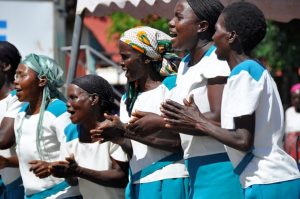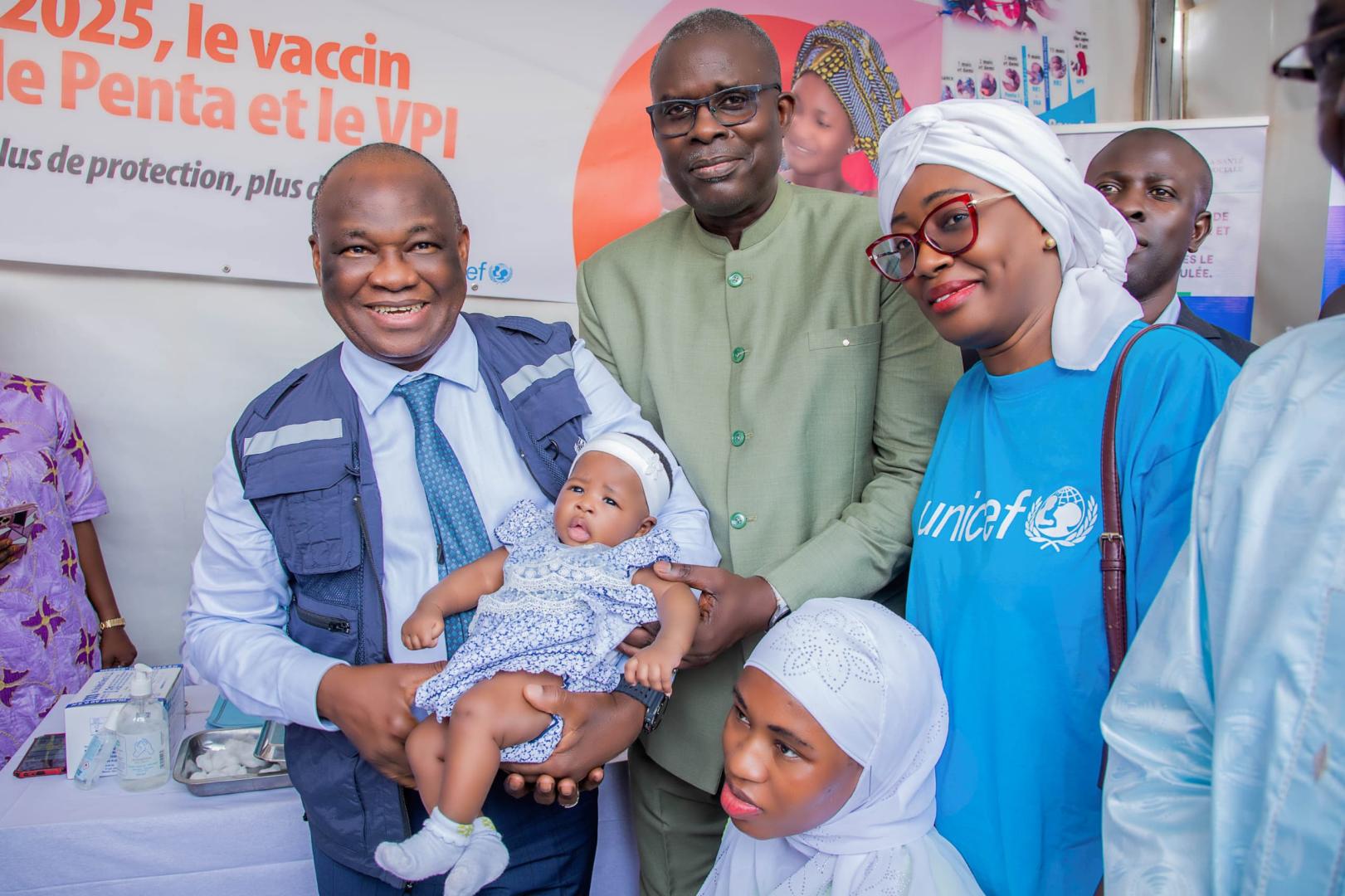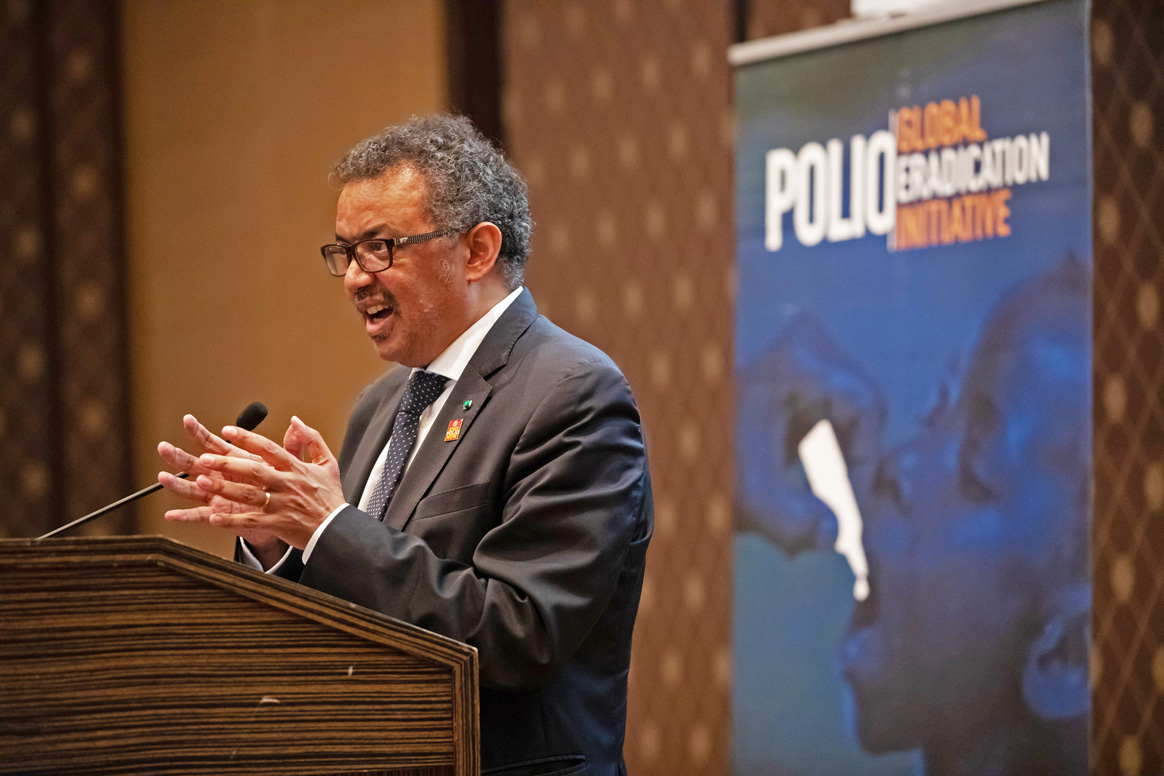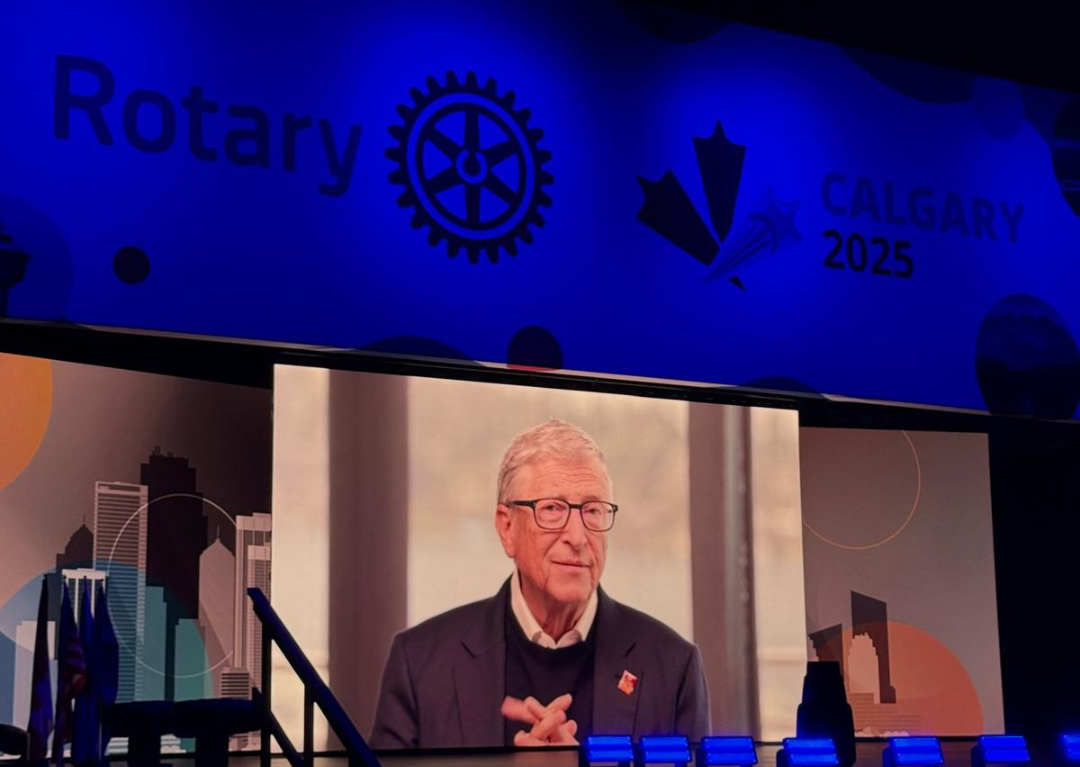
The 11 August 2015 marks one year without a case of wild polio confirmed on the African continent for the first time in history. Recent outbreaks in the Horn and Central Africa appear to have been stopped, and on 24 July, Africa’s last polio-endemic country, Nigeria, reached one year without a reported case.
However, Dr Hamid Jafari, Director of the Global Polio Eradication Initiative at WHO, warns that there is nothing magic about the one year marker. “Surveillance for poliovirus has improved considerably. However, in the past we have had year-long periods when we thought the poliovirus had gone from the Horn of Africa and central Africa, only to find out that we were simply missing transmission because our surveillance systems were not strong enough to spot cases. I am in awe of the governments, partners, community and religious leaders, health workers and volunteers who have brought us so far- and I ask them to keep up the commitment for the hurdles we still have to cross in Africa.”
To end polio forever in all countries of the world, there are several tasks that still need the commitment of all stakeholders in the programme:



